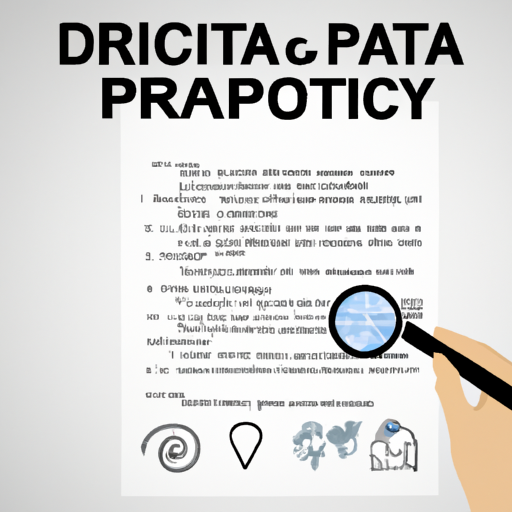In today’s digital age, data privacy is more crucial than ever. With increasing incidents of data breaches and identity theft, understanding data privacy regulations has become essential for businesses and individuals alike. In this blog post, we will explore key data privacy regulations like the General Data Protection Regulation (GDPR) and California Consumer Privacy Act (CCPA), and discuss their implications on data handling practices.
What are Data Privacy Regulations?
Data privacy regulations are laws designed to protect personal information collected by organizations. These laws outline how data should be collected, stored, processed, and shared. Complying with these regulations ensures that businesses handle personal data responsibly while respecting individual privacy rights.
Key Data Privacy Regulations
1. General Data Protection Regulation (GDPR)
Effective since May 2018, the GDPR is a comprehensive data protection regulation in the European Union. It grants individuals greater control over their personal data and imposes strict requirements on companies operating within the EU. Key features include:
- Enhanced rights for individuals, including the right to access, correct, and erase personal data.
- Strict consent requirements for data processing.
- Severe penalties for non-compliance, reaching up to €20 million or 4% of annual global turnover.
2. California Consumer Privacy Act (CCPA)
Enacted in January 2020, the CCPA is one of the most significant data privacy laws in the United States. It aims to enhance privacy rights for California residents by providing them with:
- The right to know what personal information is collected and how it is used.
- The right to delete personal information collected by businesses.
- The right to opt-out of the sale of their personal data.
Why Compliance is Crucial
Non-compliance with data privacy regulations can lead to hefty fines and damage to a company’s reputation. It can result in loss of customer trust, which is vital for business sustainability. Ensuring compliance not only mitigates legal risks but also positions a company as a trustworthy entity in the eyes of consumers.
Best Practices for Compliance
To comply with data privacy regulations, organizations should consider the following best practices:
- Conduct regular audits of data collection and processing practices.
- Implement robust security measures to protect personal data.
- Develop clear privacy policies that inform customers about their rights.
- Train employees on data protection and privacy laws.
Conclusion
As data privacy continues to evolve, organizations must stay informed about the latest regulations and best practices. By understanding and complying with data privacy regulations like the GDPR and CCPA, businesses can build trust with customers and safeguard their data effectively.
For more information on data privacy regulations, feel free to reach out or leave a comment below!




